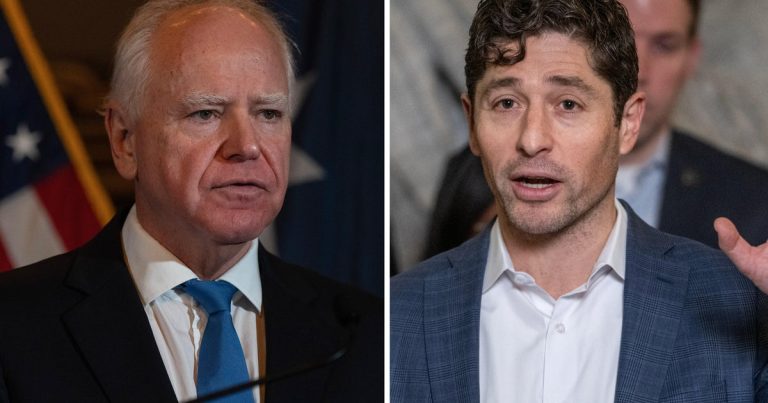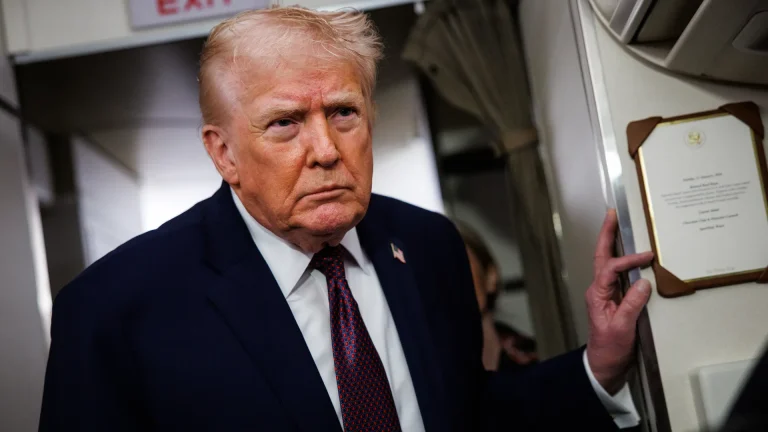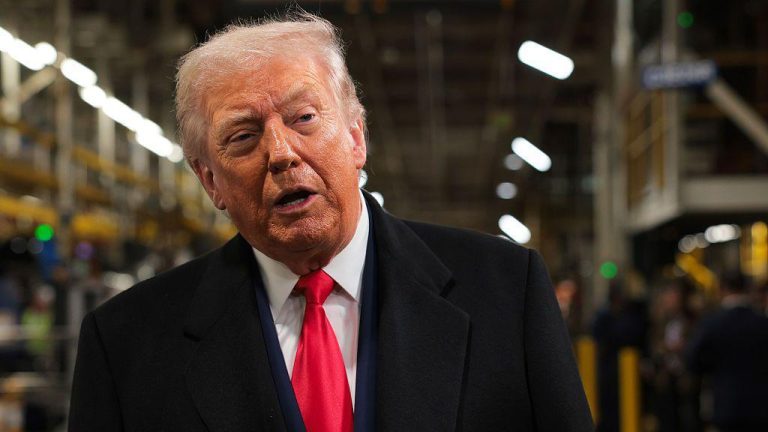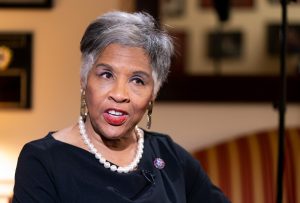Walmart, the world-renowned retail powerhouse, is under fire from conservative circles after Christy Walton, an heiress to the Walmart fortune, publicly backed a campaign opposing former President Donald Trump. While the company itself has not taken a political stance, Walton’s involvement has ignited a fierce reaction from many right-leaning customers and influencers.
Christy Walton, 76, reportedly contributed to the “No Kings” movement—a group of wealthy donors united against what they consider authoritarian tendencies in Trump’s political conduct. According to Forbes, the campaign’s objective is to challenge Trump’s influence and resist what they claim are threats to democratic norms.
The “No Kings” initiative gained attention for orchestrating over 1,800 protests nationwide. These demonstrations were deliberately scheduled to counter a Trump-led military parade intended to honor the U.S. armed forces. Protest organizers criticized Trump’s administration for alleged abuses of power, including civil rights violations, unlawful deportations of American citizens, and disregard for judicial authority.
The movement’s messaging, emblazoned with slogans like “IN AMERICA WE DON’T DO KINGS,” paints Trump as a figure who undermines democratic values. As part of their campaign, the group also took out a full-page advertisement in The New York Times—a move partly funded by Walton herself.
Although Walmart has distanced itself from political controversies in the past, Walton’s affiliation with this highly publicized campaign has caused a ripple effect. Social media platforms, particularly X (formerly Twitter), have been flooded with posts from conservative voices urging a boycott of Walmart stores. Some accuse the company of indirectly supporting anti-Trump agendas due to its association with the Walton family.
The backlash highlights the increasingly blurred lines between corporate identities and the political activities of wealthy stakeholders. For many conservatives, Walton’s actions represent more than personal beliefs—they see them as reflective of Walmart’s values, despite no official endorsement from the company.
Calls for a boycott have ranged from critical hashtags to viral videos urging shoppers to take their business elsewhere. Many argue that continuing to shop at Walmart supports a company whose fortune is now, in part, being used to campaign against Trump.
While it remains to be seen whether the boycott will affect Walmart’s bottom line, the controversy underscores a growing trend: American consumers are increasingly holding corporations accountable not just for their business practices, but also for the personal political actions of those connected to them.
As the 2024 election fallout continues into 2025, tensions like this suggest that political divisions are still deeply shaping the marketplace.

James Jenkins is a celebrated Pulitzer Prize-winning author whose work has reshaped the way readers think about social justice and human rights in America. Raised in Atlanta, Georgia, James grew up in a community that instilled in him both resilience and a strong sense of responsibility toward others. After studying political science and creative writing at Howard University, he worked as a journalist covering civil rights issues before dedicating himself fully to fiction. His novels are known for their sharp, empathetic portraits of marginalized communities and for weaving personal stories with broader political realities. Jenkins’s breakout novel, Shadows of Freedom, won national acclaim for its unflinching look at systemic inequality, while his more recent works explore themes of identity, resilience, and the fight for dignity in the face of oppression. Beyond his novels, James is an active public speaker, lecturing at universities and participating in nonprofit initiatives that support literacy and community empowerment. He believes that storytelling is a way to preserve history and inspire change. When not writing, James enjoys jazz music, mentoring young writers, and traveling with his family to explore cultures and stories around the world.









